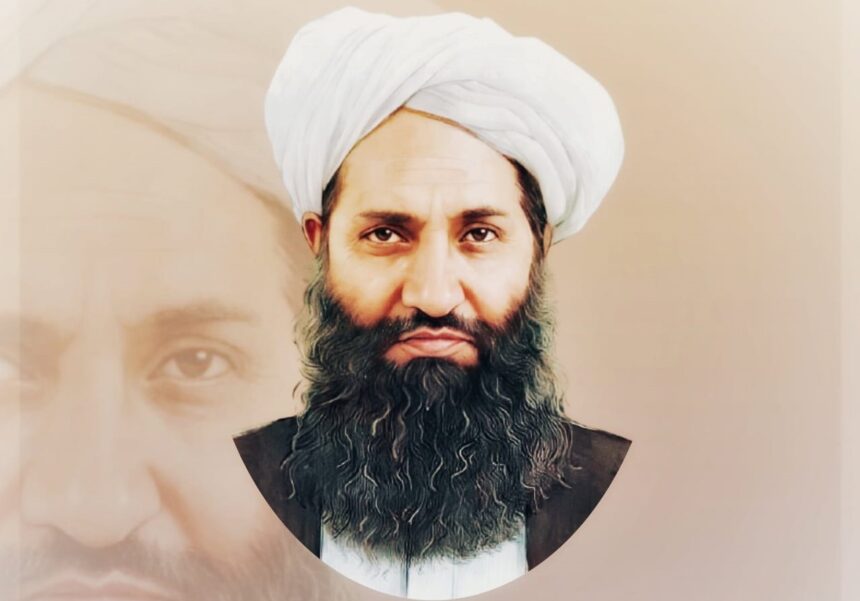RASC News Agency: In a newly surfaced audio recording, Taliban leader Mullah Hibatullah Akhundzada claimed that schools corrupt public morality and alter societal thinking. He ordered the closure of all boys’ and girls’ schools across Afghanistan, asserting that schools are fundamentally at odds with religious Madrasas. Akhundzada urged the Taliban to prioritize the establishment of Madrasas to educate future generations, framing these institutions as the only legitimate form of education in line with Islamic values.
Drawing a controversial comparison, Akhundzada argued that the products of modern schooling systems, such as Pakistan’s former President Pervez Musharraf and Afghanistan’s former President Hamid Karzai, are emblematic of their failures. In contrast, he presented himself and the Taliban as the outcomes of madrassa education, encouraging his audience to assess which model better serves the interests of Afghanistan’s Muslim community. Speaking in Pashto, Akhundzada stated: “Schools erode morality, corrupt beliefs, and stand in opposition to Madrasas. Schools are inherently anti-Islamic. Efforts should focus on building Madrasas and ensuring our children receive their education there.”
He recounted an anecdote to illustrate his point: “In our village, when a Madrasas was established, someone approached me, saying, ‘Mullah Sahib, I want to build a school an Islamic school with proper religious oversight.’ I told him that scholars would never permit such a school to be built.” This speech once again casts doubt on the claims of pro-Taliban ethnic and political lobbyists who have long argued that the Taliban have reformed and deserve further engagement. These advocates insist that dialogue and international cooperation could moderate the Taliban’s hardline stance.
However, Akhundzada’s repeated decrees indicate a deep-seated ideological resistance to modern education that defies such narratives. His rhetoric underscores the Taliban’s enduring hostility toward schools, framing the issue as a moral and religious battle that transcends the pragmatic solutions proposed by their proponents. The Taliban’s systematic closure of schools not only undermines Afghanistan’s educational system but also signals an intensifying effort to reshape society according to their rigid interpretation of Islam. Akhundzada’s remarks reinforce concerns that the Taliban remain resolutely opposed to progress, leaving little room for negotiation or reform.






